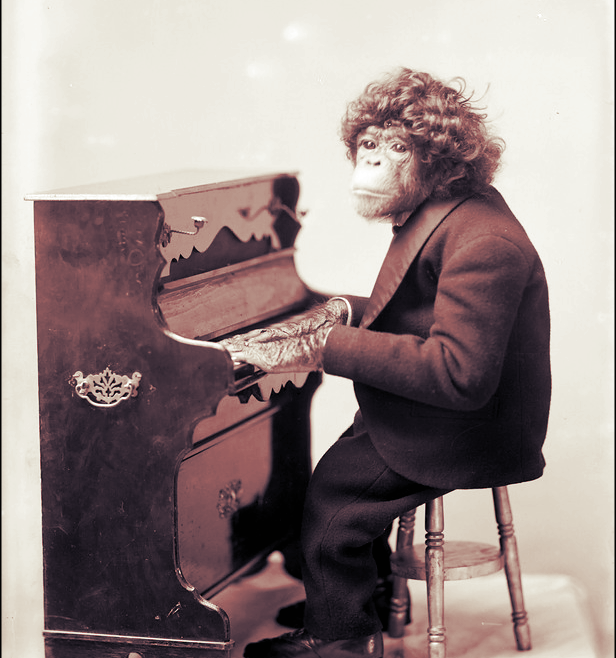The delicate pins and strings inside a piano are adjusted by a piano tuner to ensure that every key produces the correct tone. To tweak strings and check for proper pitches, professionals use a variety of tools, including specialized hammers, screwdrivers, pliers, mutes, and tuning forks. Tuners can also work as technicians, repairing and maintaining various aspects of pianos. Although many experienced professionals run their own full- or part-time businesses, most piano tuners work for repair shops, piano manufacturers, or any retail store.
When you play the piano, the strings tend to move around and loosen over time, changing the tones you hear. String tension can be affected by changes in humidity and temperature, and constant vibrations loosen tuning pins. By carefully inspecting the interior components, testing each string to determine its pitch, and making fine adjustments to realign pins, a piano tuner is able to identify and correct the problems that pianos experience. Due to the inconvenient nature of transporting a piano and the risk of knocking strings out of tune, most piano tuners work at their clients’ homes.
A tuning fork is used by a professional piano tuner to ensure that each string is tightened to the correct frequency. To tune a piano, many skilled tuners use manual tuning forks and their trained ears, though electronic tuning forks are also used to ensure a perfect result. To secure and tighten pins, professionals use hammers and pliers, as well as a variety of other small tools to make minute adjustments.
A person interested in becoming a piano tuner can learn the trade through correspondence courses or one- to six-month training programs at accredited institutions. Students are typically given access to the necessary tools as well as practice pianos to help them improve their skills. Some programs include business classes to teach participants how to find and satisfy clients who require their services. After completing basic training, a new piano tuner usually works for up to four years as an assistant or apprentice to an established professional to truly master the trade and gain experience with customer service duties.
A tuner can apply for jobs at repair shops, piano retailers, and manufacturing plants after gaining experience as an apprentice. Some skilled tuners who are able to establish a positive rapport with their customers are able to start their own businesses. Individuals who are self-employed may work full-time or tune pianos to supplement their income from other sources. Tuners who are successful often expand their businesses to include a repair shop, assistants to assist with house calls, and secretaries to handle administrative tasks.
